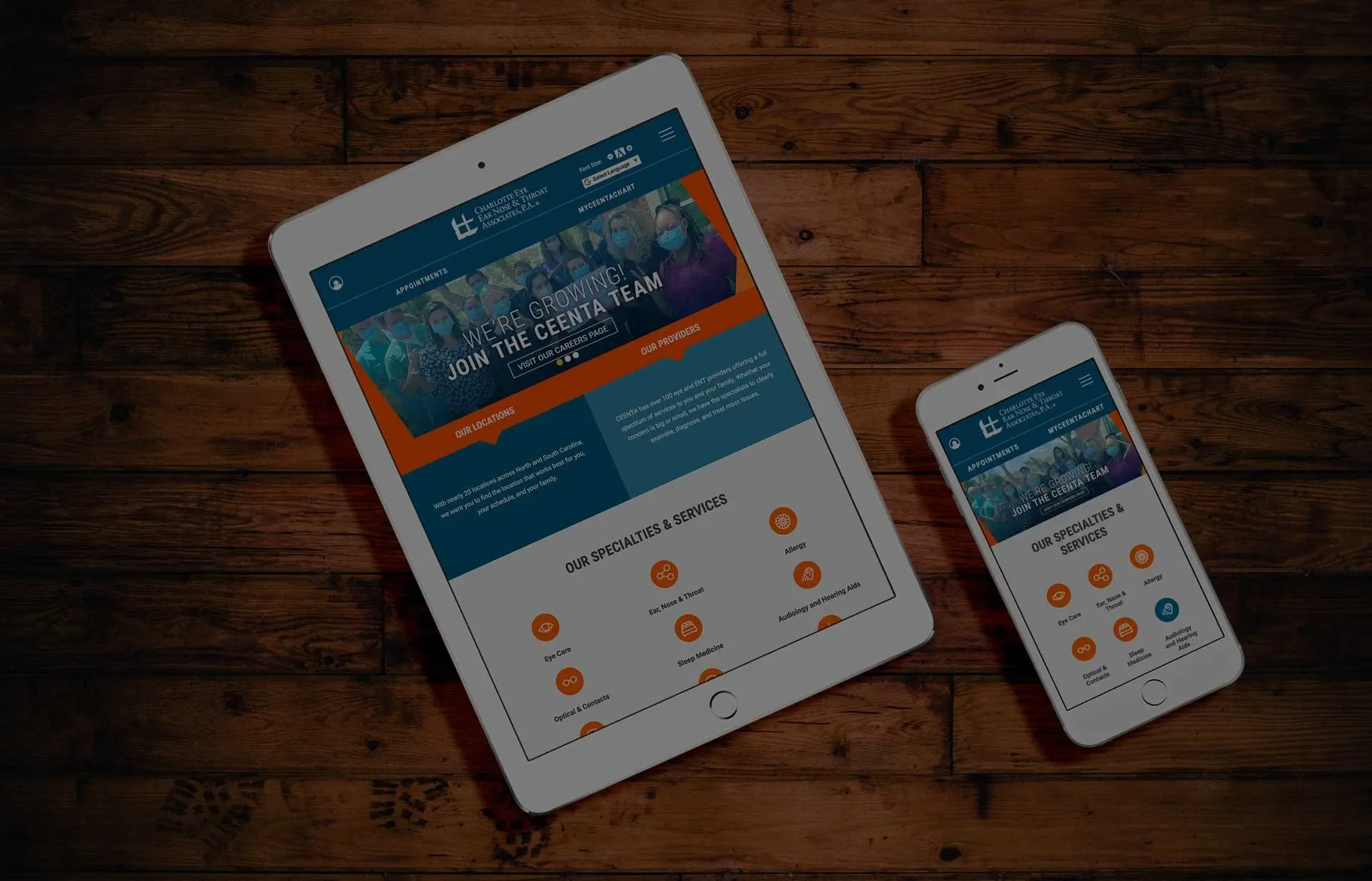The biggest challenge facing most people is deciding which type of advertising they should invest their time and money in. Google Ads and Facebook Ads are two of the most popular options for marketers to choose from. Each provides a unique set of features and benefits, and it can be difficult to know which one will benefit your business the most.
Targeting options
If you are planning to advertise your business online, you may be wondering if Facebook or Google Ads is right for you. Both platforms have different features and benefits and it is important to choose the best one for your needs.
The best way to determine which of the two is right for your business is to look at what your objectives are. For example, if you are selling a service, you can use Google Ads to target your audience in the buying phase of their journey. If you are an eCommerce brand, you can use Facebook to reach customers who are looking to purchase products.
Both Google and Facebook Ads are pay per click (PPC) ads, and you will be paid when a user clicks on your ad. The cost of your ad depends on your industry and keywords.
Unlike Google, Facebook Ads offer more ad placements. You can get your ad in Facebook Messenger, on the news feed, and in video players.
You can also target by age, gender, and interests. These options are great for building brand awareness, increasing product awareness, and targeting your existing customers.
Google is a powerful advertising platform and is used by a lot of people. You can advertise through their network, including YouTube, Google Maps, and Google's search engine. This means that your ads will be visible to a massive audience that is searching for the types of products you sell. This makes it easier to get your ad in front of the customers who are ready to buy.
However, Google is much more complex than Facebook. The user interface is not intuitive and it can be hard to master at first. It is also very data heavy.
Extensive network
If you're looking to invest in a new digital ad campaign, you've likely come across both Google Ads and Facebook Ads. While the two are similar in the way they're both great for targeting your target audience, they're also a bit different. The best choice for you is going to depend on your budget, your product and your target demographic. Luckily, both Google and Facebook offer an array of free tools, resources and helpful tips.
As you can imagine, Google and Facebook aren't exactly going to share the spotlight when it comes to getting your ad in front of the right eyeballs. It's not uncommon for people to spend time on both sites, so you're going to have to be creative to get the most out of your investment.
The best thing about Facebook is that it offers a wide array of advertising options. For instance, you can place a Facebook ad on the news feed of your friends or send a Facebook ad through Messenger. You can also use it to your advantage by putting ads on Instagram. This is especially important if you're looking to capitalize on the popularity of mobile.
One of the most impressive features of Facebook is that it allows you to target users by age, interests and even income. For instance, if you're a travel blogger, you may find that targeting a millennial with a trip to your city is a better bet than trying to sell them a cruise. Of course, you'll still have to be prepared to pay for your ad. For that matter, if you're a business owner with a modest budget, you might want to consider both platforms.
Remarketing options
Google Ads and Facebook Ads are a couple of the most popular platforms for online advertising. While each provides unique features and benefits, they work well together to create a powerful marketing campaign. However, you must know the differences between each before making a decision. You should choose the right one for your specific business needs.
In terms of cost, Google Ads is generally more expensive. This is due to the fact that it offers a larger audience and more targeted results. On the other hand, Facebook's retargeting options allow you to reach customers who have visited your site and whose behavior is akin to your own.
Both companies have comprehensive help centers and live chat support. The best way to determine which platform is the right choice for you is to consider your marketing goals.
For example, if you are trying to grow your social network, you should use Facebook's Lead Ads to place forms directly in users' news feeds. You can then send the results straight to your sales reps. This is an easy and seamless way to reach your potential customers.
With Google, you can create a highly targeted search ad that will reach the exact people you want to reach. This means your advertisement will be seen by people who have a high level of purchase intent. This may seem like a minor advantage, but it's a big deal when it comes to customer acquisition costs.
You might think that Facebook's remarketing options would be inferior to Google's. While it is true that retargeting is more effective on Facebook, you can also benefit from the more robust targeting capabilities offered by Google.
Cost-per-click
Depending on your business, there are a few different ways to measure cost per click. Usually, cost per click (CPC) refers to the price you pay for each click on your ad. A higher CPC may mean that you will receive more clicks. However, this also means that you will pay more for each click, so you will have to determine how many conversions you need for your ad to be profitable.
If you want to run ads that get more leads and conversions, Google Ads is the way to go. You can target users who have high purchase intent, so you know that the click will be a qualified lead. And with the help of their retargeting feature, you can retarget customers who have visited your website before.
Facebook is an alternative to Google Ads, and you should consider it if you are looking to reach a wider audience or make a product sale. However, it does not have as many options for audience targeting as Google does.
While both platforms offer a variety of ad types, Google Ads has more. It can display your ad on several websites, including YouTube, Google Search, and the Audience Network. It also has more sophisticated targeting capabilities, including audience segmentation.
Google Ads and Facebook Ads are both very useful ad platforms. But they are best viewed as complementary. You can take advantage of the features of each ad type, but you will need to decide which one is right for your business.
When it comes to comparing these two ad platforms, cost is the most important factor. You can get a lot of clicks for a low cost on Facebook, but you will pay more for each click on Google. For example, if you want to use a $20 CPC keyword, you can get five clicks on Facebook, but only four clicks on Google.
Value
Google and Facebook ads are powerful advertising tools. They can be used in conjunction to create a comprehensive marketing strategy that's both cost-effective and effective. However, you should keep in mind the specific purpose of your campaign and your budget before choosing either.
Facebook and Google ads can both help your business attract new customers and increase your brand awareness. They're also complementary to each other. For example, you can target both lapsed customers and potential customers with Google Ads.
The two are often seen as rivals, but they're actually quite complementary. If you're just looking for a quick way to find customers, then Google Ads may be more beneficial for you. On the other hand, if you want to reach a wider audience, Facebook Ads may be a better option.
While the two have different uses, both have a number of unique features. For example, Facebook offers more data than Google. You can also target users by age, gender, income, interests, and more. You can also customize your ads to reach different messengers.
Each platform is different in its own way, so it's important to choose the one that best meets your needs. For instance, if you're selling an expensive product, it might make sense to spend more on Google Ads. On the other hand, if you're trying to build brand awareness, then it's more effective to use Facebook.
Both platforms can be highly effective, but they have a few differences. You should consider how you're going to measure the results of your ads and whether or not you're maximizing your return on investment.
For example, Facebook can help you re-engage lapsed customers. This can be done through free trials, discounts, and other incentives. It can also push users to convert with a high-value offer.
« Back to Blog
- Healthcare Website Accessibility in 2026: What WCAG 2.1 AA Means and How to Prepare
- Healthcare Content Landing Page Guide
- How Healthcare Practices Can Improve Visibility in AI Tools Like ChatGPT, Copilot & Perplexity
- Rebuilding from the Ground Up: A Modern, SEO-Driven Website for Third Coast Oral & Maxillofacial Surgery
- Modernizing TOA.com: A Decades-Long Digital Partnership in Orthopedic Website Innovation
One Partner - Every Digital Solution Your Practice Needs.
EHS is more than a vendor — we’re your long-term partner in building a stronger, smarter, and more compliant digital presence.

© 2026. All rights reserved. E-dreamz, Inc.

